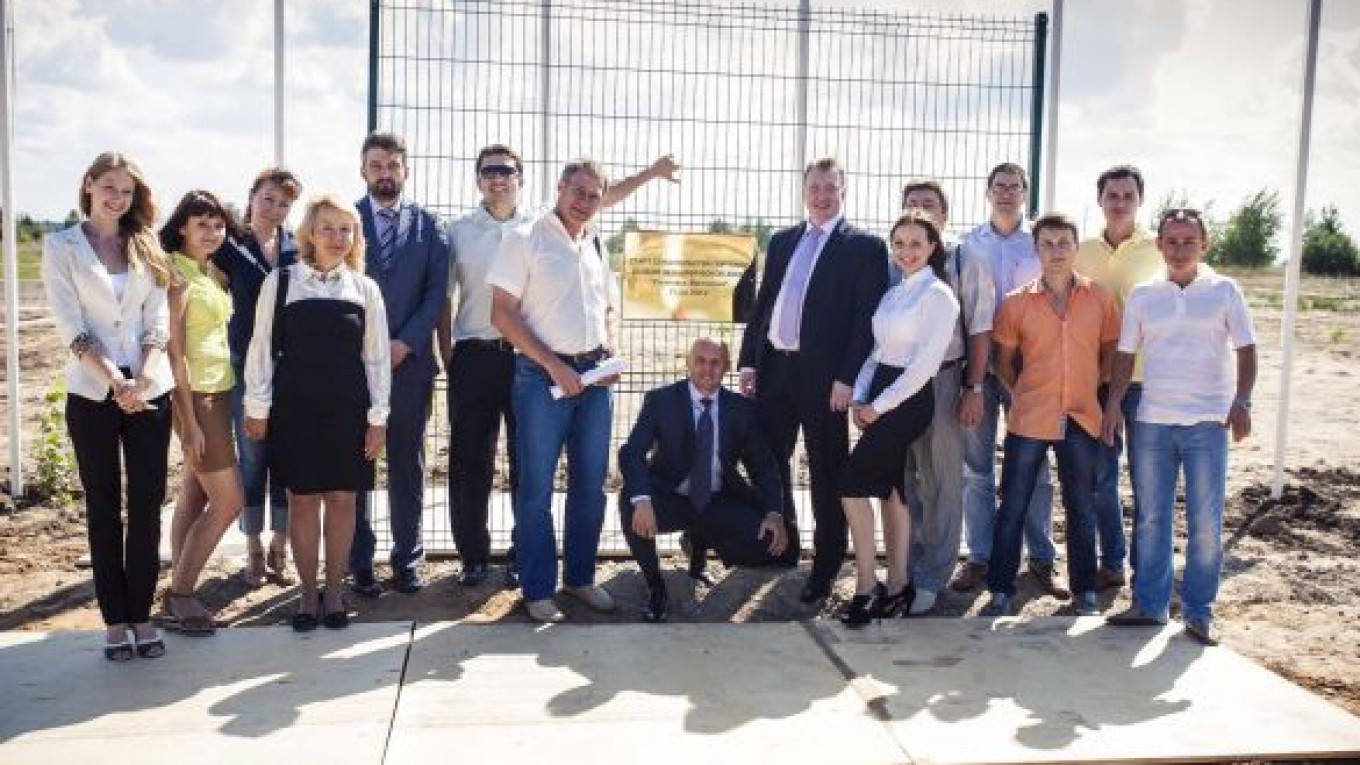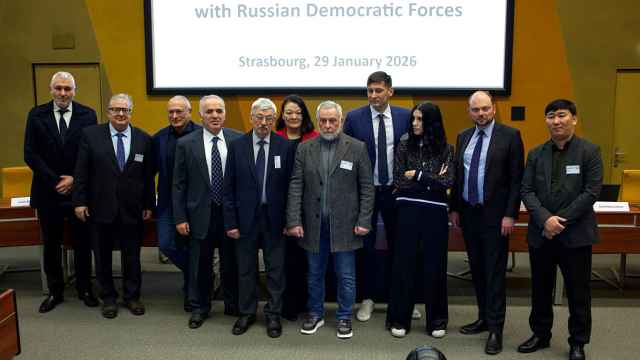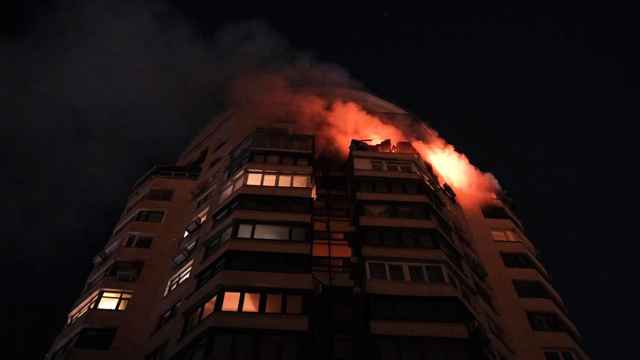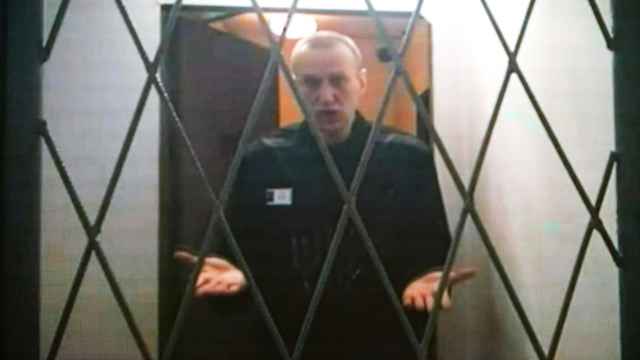Despite an economic slowdown, the government is going ahead with spending on the construction of the only special economic zone in the country that targets the aviation business.
Based outside of the Volga city of Ulyanovsk, the zone is the place where investors, including state corporation Rostec, are looking to produce Canadian short-range aircraft.
Prime Minister Dmitry Medvedev has signed a decree that allocates 7 billion rubles ($220 million) in federal funds toward providing utility services and roads in the area, the company that manages the zone said in a statement Tuesday.
The federal budget will release the money from 2017 through 2018, a spokeswoman for Special Economic Zones, the state company that manages this and the country's 16 other special economic zones. The company will use its own cash starting next year to fund the construction and will look to reimburse itself with the federal allocations later.
The Ulyanovsk regional government is contributing at least 4 billion rubles from 2014 through 2018, according to the decree, which was signed last week.
Construction of infrastructure for the zone began in August, and phase one will be functional by the end of next year, said the statement.
Phase two is expected to be completed in 2017, the spokeswoman said. Unlike the first stage, this phase will offer built-to-suit commercial property, she said.
Such tailor-made facilities, constructed to the specifications of the tenant at the expense of the landowner and made available for rent, reduce initial investment in starting a business. The landowner retains ownership of the property.
The Ulyanovsk zone is designed to accommodate companies that make and service aircraft as well as those involved in selling related products.
One of the companies that the Economic Development Ministry approved as the zone's investors is Vityaz, which is seeking to build Canadian-designed Twin Otter DHC-6 airplanes there. The company plans to assemble 24 of the 19-seater aircraft annually.
Rostec and Canada's Bombardier signed a letter of intent at the MAKS air show outside Moscow in August, which calls for the assembly of Bombardier's Q 400 turboprop planes at the zone. The joint venture plans to commence work in early 2015, Rostec said in a statement.
Rostec estimated that the market for the plane in Russia and the rest of the former Soviet Union was more than 250 units through 2030. Rostec even tentatively agreed to buy 50 of these planes.
The projects come as the government is pushing general aviation companies servicing short-distance routes to ditch their old craft, often Soviet-made workhorses, in favor of state-of-the-art machines. The effort follows a series of plane crashes in recent years.
Contact the author at [email protected]
A Message from The Moscow Times:
Dear readers,
We are facing unprecedented challenges. Russia's Prosecutor General's Office has designated The Moscow Times as an "undesirable" organization, criminalizing our work and putting our staff at risk of prosecution. This follows our earlier unjust labeling as a "foreign agent."
These actions are direct attempts to silence independent journalism in Russia. The authorities claim our work "discredits the decisions of the Russian leadership." We see things differently: we strive to provide accurate, unbiased reporting on Russia.
We, the journalists of The Moscow Times, refuse to be silenced. But to continue our work, we need your help.
Your support, no matter how small, makes a world of difference. If you can, please support us monthly starting from just $2. It's quick to set up, and every contribution makes a significant impact.
By supporting The Moscow Times, you're defending open, independent journalism in the face of repression. Thank you for standing with us.
Remind me later.






